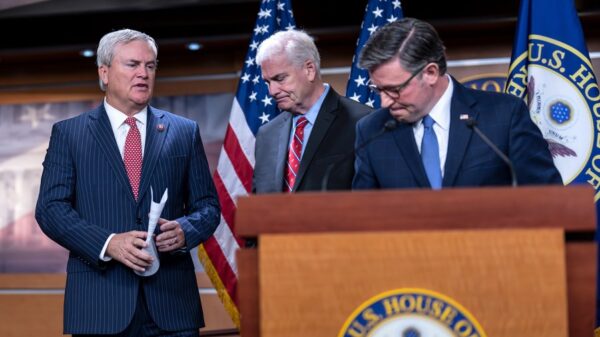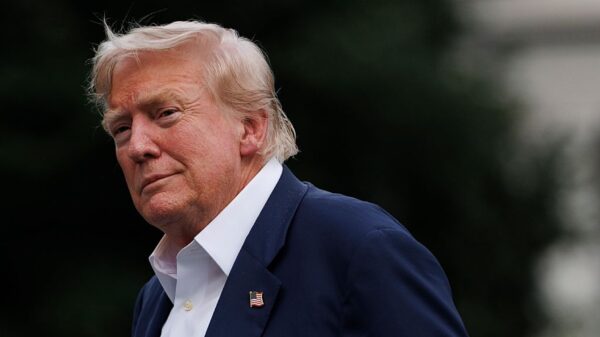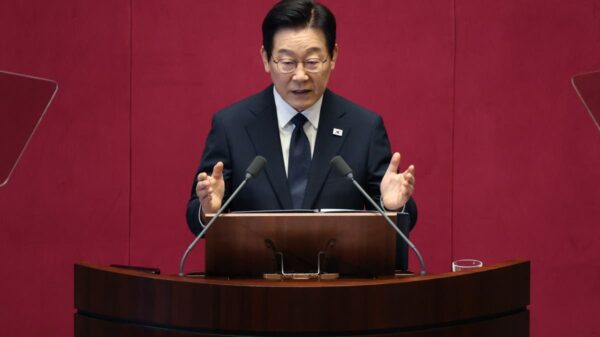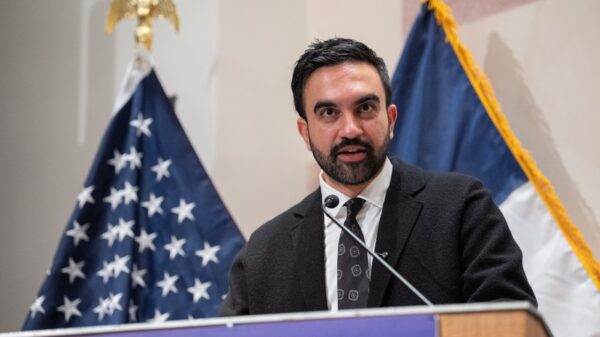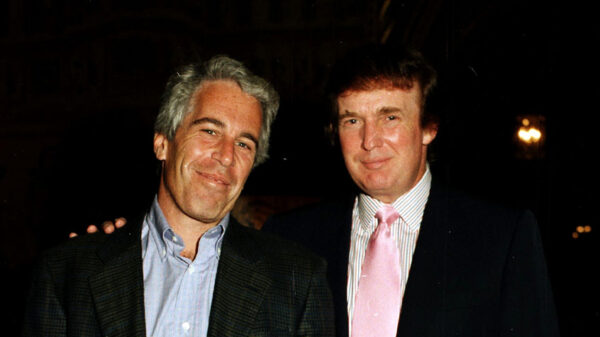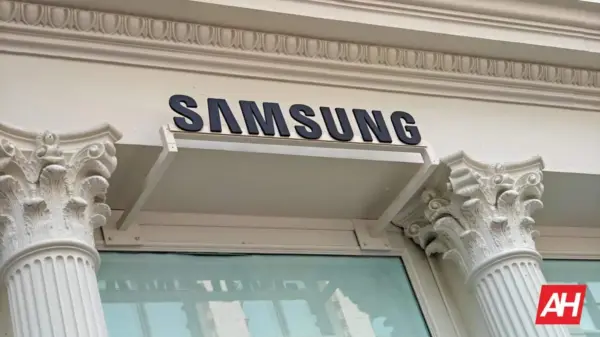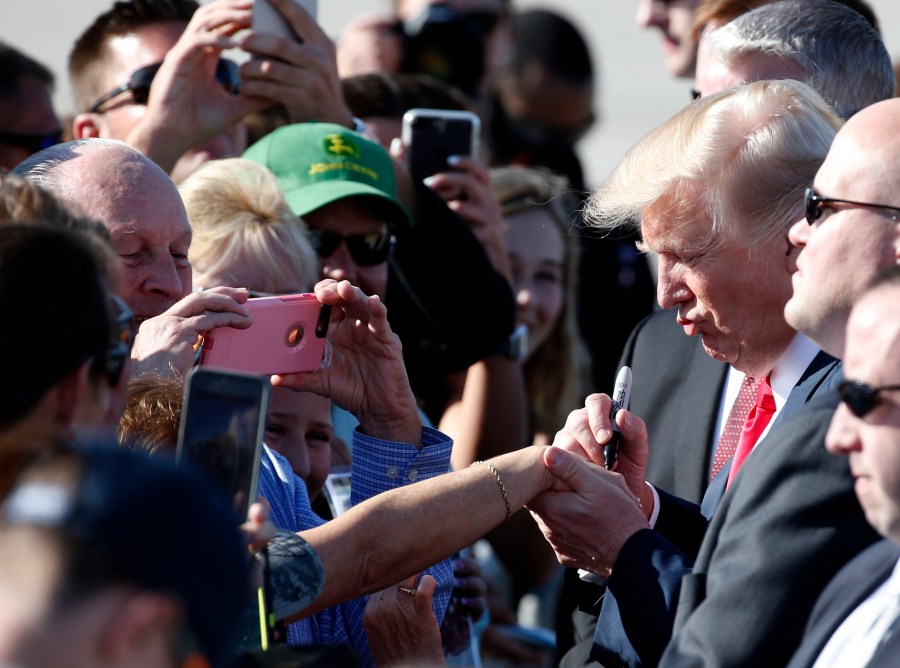The signature of former President Donald Trump is facing renewed scrutiny due to its appearance in documents linked to the late financier Jeffrey Epstein. Two signatures, purportedly from Trump, were found in Epstein’s 50th birthday album, which includes a provocative drawing and a photo with a novelty check bearing Trump’s name. The House Oversight Committee released these documents on October 16, 2023, leading some members to assert that the signatures are authentic.
The White House has denied Trump’s involvement with Epstein, stating he did not sign the letter or check associated with the financier, who was convicted as a sex offender and died in prison in 2019. Speaking to reporters, Trump dismissed the signatures, asserting, “It’s not my signature. And it’s not the way I speak.” He further described the Epstein matter as “a dead issue” during a phone call with NBC News.
The significance of these signatures extends beyond mere identification; they may indicate Trump’s relationship with Epstein prior to their reported falling out two decades ago. This controversy has ignited a bipartisan effort in Congress to release the so-called Epstein files, following years of speculation driven by Trump and his allies. Recently, the U.S. Justice Department has begun to provide records related to Epstein’s sex trafficking investigation to the House Oversight Committee.
Authenticity and Political Implications
Determining the authenticity of signatures has long been a complex issue. Handwriting experts emphasize that establishing whether a signature belongs to Trump is challenging. Political loyalties can heavily influence opinions on the matter. Tamara Plakins Thornton, a professor emerita at the University at Buffalo, noted that signatures have historically conferred authority by public consent, but the reliability of signatures as proof has diminished over time.
“Authenticity is a very difficult thing to prove,” stated Tyler Feldman, owner of Inscriptagraphs, a memorabilia company. He highlighted the challenges presented by advancements in technology, such as AI and deepfakes, which have led to an increase in forged signatures. Nevertheless, signatures remain valuable, deeply rooted in American culture, particularly as symbols of power.
As a former celebrity, Trump has long understood the significance of his autograph, often using it as a branding tool. He has a history of engaging with supporters by signing memorabilia at rallies and events. In December 2015, he was photographed signing the chest of a female supporter, showcasing his flair for theatricality in such interactions.
Political Repercussions and Public Perception
Despite attempts to downplay the significance of the signatures, Trump cannot simply dismiss the concerns of his supporters. He has previously labeled inquiries into Epstein as a “Democrat hoax” and threatened legal action against media outlets like The Wall Street Journal, which first reported on the documents.
The situation has prompted comments from Karoline Leavitt, a White House spokesperson, who suggested that the narrative surrounding the signatures was being driven by media and political opponents. Leavitt indicated that the White House would support analyses of the purported signature in the Epstein scrapbook.
Republican Thomas Massie of Kentucky, who is spearheading a bipartisan initiative to compel the Justice Department to release its Epstein files, characterized the documents as a distraction. He noted that while they might embarrass Trump, they are unlikely to lead to any legal ramifications.
Trump’s unique relationship with his signature reflects the broader dynamics of his political career. He often employs dramatic gestures when signing documents, inviting media attention to emphasize the authority of the presidency. As he stated during one signing session, “Seriously, is that a good signature? Who can write like that? Nobody.”
As discussions continue surrounding the Epstein files and the implications of Trump’s signature, the intersection of personal branding, political loyalty, and public perception remains a critical focus in American political discourse.



